Life Rebalanced Live 2024
Recordings and Transcripts Package
(These videos and transcripts are for personal use only and may not be redistributed.)
Vestibular Migraine, PPPD, and Central Vestibular Disorders
Central vestibular disorders, like Vestibular Migraine, PPPD, and more, stem from dysfunction in the brain or central nervous system, affecting the processing of vestibular signals, leading to symptoms like vertigo, imbalance, and spatial disorientation. Although the symptoms can be similar, these disorders are distinct from other vestibular conditions caused by damage to the inner ear. Understanding these conditions is crucial for accurate diagnosis and effective management, as they can significantly affect an individual's quality of life and daily functioning.
Tinnitus (Ringing in the Ears)
Tinnitus, commonly known as "ringing in the ears," is an auditory sensation where individuals perceive sound without any external source. It often presents as a persistent ringing, buzzing, hissing, or clicking noise of varying intensity and pitch. Tinnitus can significantly impact daily life, leading to sleep problems, difficulty concentrating, and emotional distress. While not a disease itself, tinnitus frequently accompanies vestibular disorders.
How Vestibular Disorders Are Diagnosed
The road to diagnosis can be a long and rocky one for many people dealing with vestibular issues. However, an accurate diagnosis is a very important step that leads to treatment and coping strategies. Diagnosing vestibular disorders requires multiple disciplines working together, and is based on an individual person's symptoms and situation.
Chronic Imbalance from Bilateral Vestibular Hypofunction
Chronic imbalance resulting from bilateral vestibular hypofunction (BVH) poses significant challenges to individuals' daily functioning and quality of life. BVH refers to a condition where both vestibular organs in the inner ears are impaired, leading to difficulties in maintaining balance, spatial orientation, and stability. Early diagnosis and comprehensive management are essential in mitigating the impact of BVH on daily life and promoting functional recovery.
Neurologic Rehabilitation for Vestibular Disorders
Neurologic rehabilitation for vestibular disorders is a treatment method aimed at improving the functional abilities and quality of life of individuals suffering from vestibular dysfunctions. Neurologic rehabilitation strategies focus on restoring and optimizing vestibular function through targeted exercises, balance training, habituation techniques, and sensory integration therapies. Through tailored treatment plans and ongoing support, neurologic rehabilitation offers individuals the opportunity to regain independence and improve quality of life.
Hosts
Drs. Danielle Tolman and Abbie Ross facilitate the "fireside chat" discussions with our healthcare experts, and vestibular patients, Heather Davies and Patrick Parkinson, moderate the patient panels.
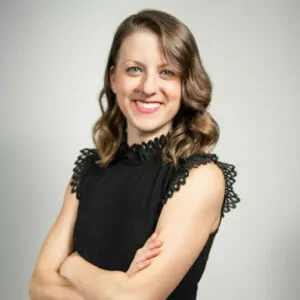
Danielle Tolman, DPT
Balancing Act Rehabilitation

Abbie Ross, PT, DPT, NCS
Balancing Act Rehabilitation
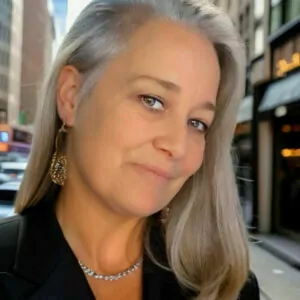
Heather Davies
Meniere's Disease Patient

Patrick Parkinson
Meniere's Disease Patient
Expert Speakers
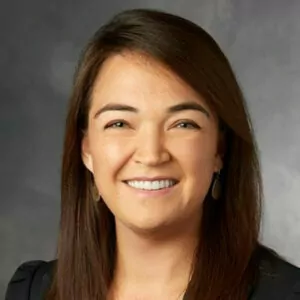
Kristen Steenerson, MD
Neurologist

Robert Allen, AuD
Audiologist
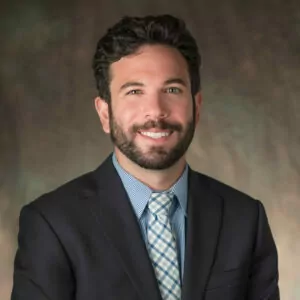
Jeffrey Sharon, MD
Neurotologist

Raymond van de Berg, MD, PhD
Otorhinolaryngologist

Amanda Chiao, AuD, PhD, CCC-A
Audiologist
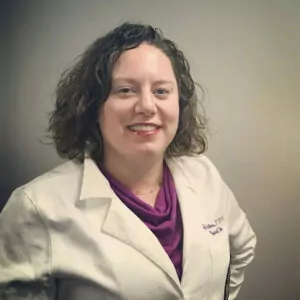
Rachel Wellons, PT, DPT, NCS
Physical Therapist
Patient Panelists
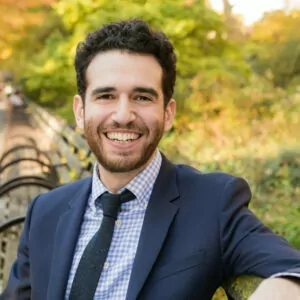
Brian Platzer
PPPD
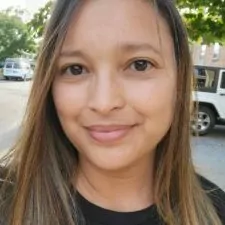
Darilys Matos Acevedo
Vestibular Migraine, PPPD

Glenn Schweitzer
Meniere's Disease

Steve Schwier
Meniere's Disease
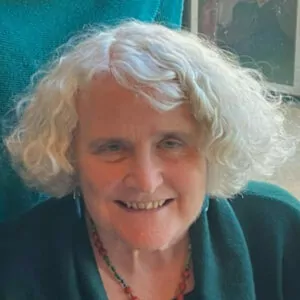
Mary Ziegler
Vestibular Migraine, Meniere's Disease
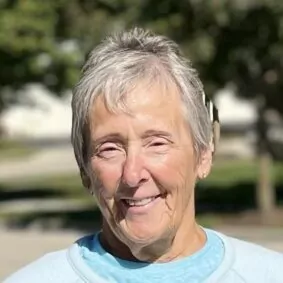
Pat Filipek
BPPV, Vestibular Migraine

Lynn Johnson
Bilateral Vestibular Hypofunction, AIED

Kalyn Asher
Bilateral Vestibular Hypofunction
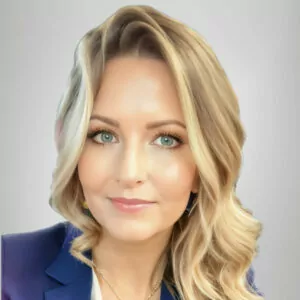
Christine Moyer
PPPD

Geri McNiece
Vestibular Migraine, PPPD, BPPV
Previous Year's Recordings
If you missed VeDA's previous Virtual Conferences you can still watch the sessions by purchasing the recordings. Your purchase gets you lifetime access to the full conference to watch at your leisure and rewatch as many times as you want while providing support for the free articles and resources that are available from VeDA to vestibular patients all over the world.



